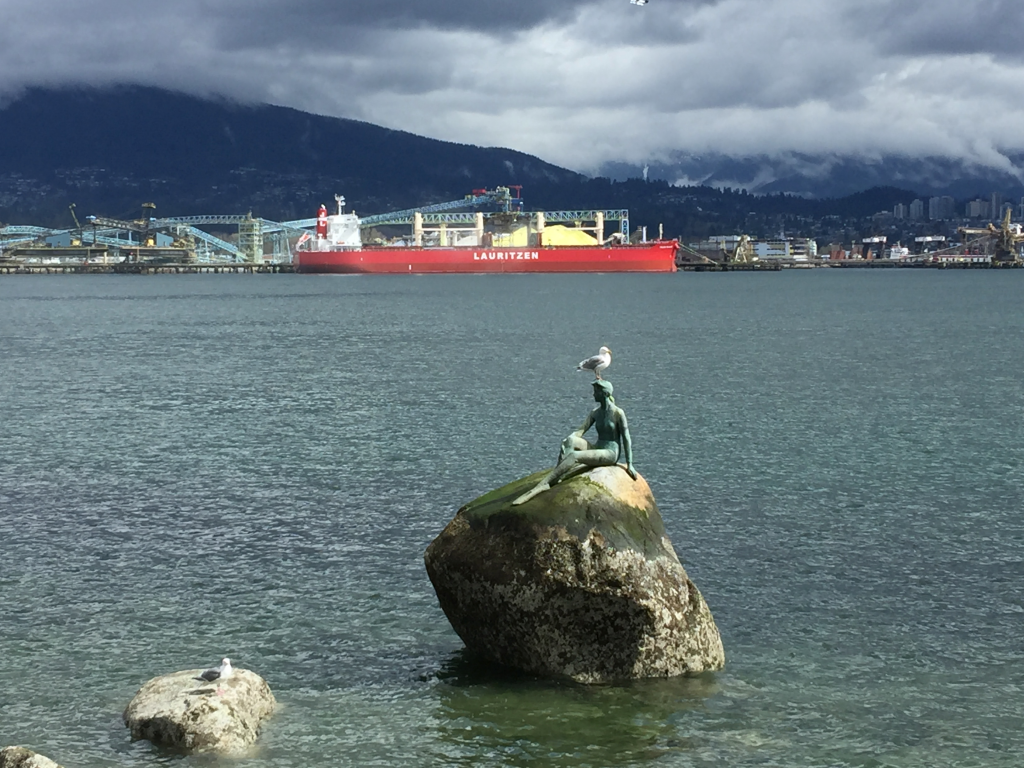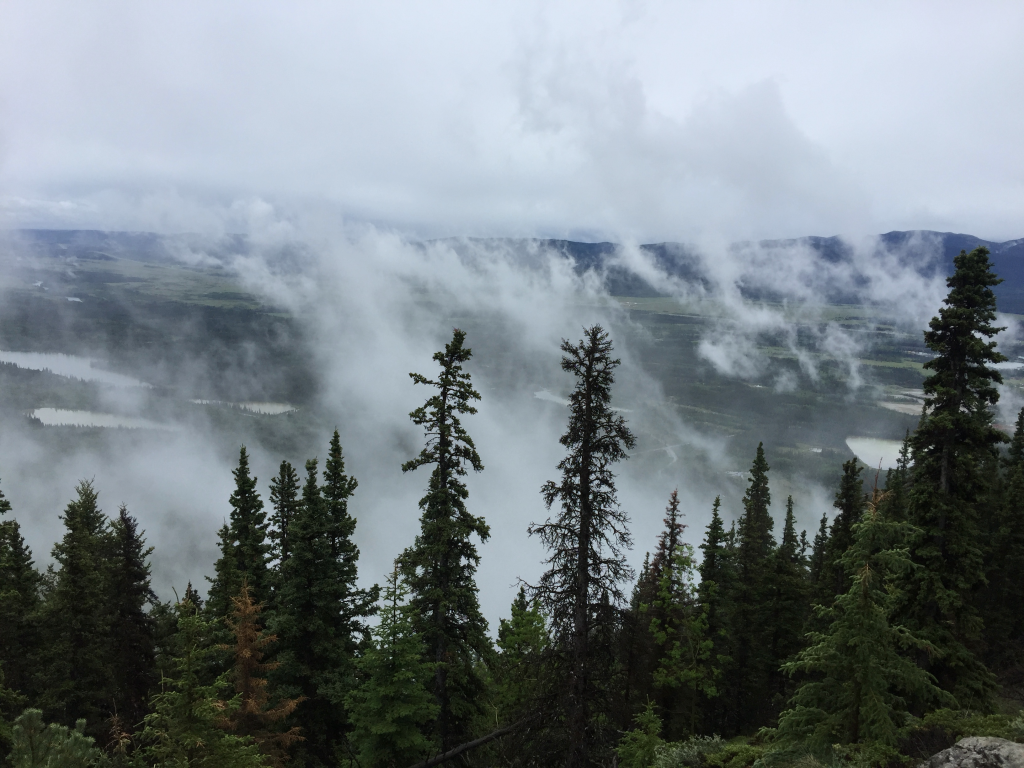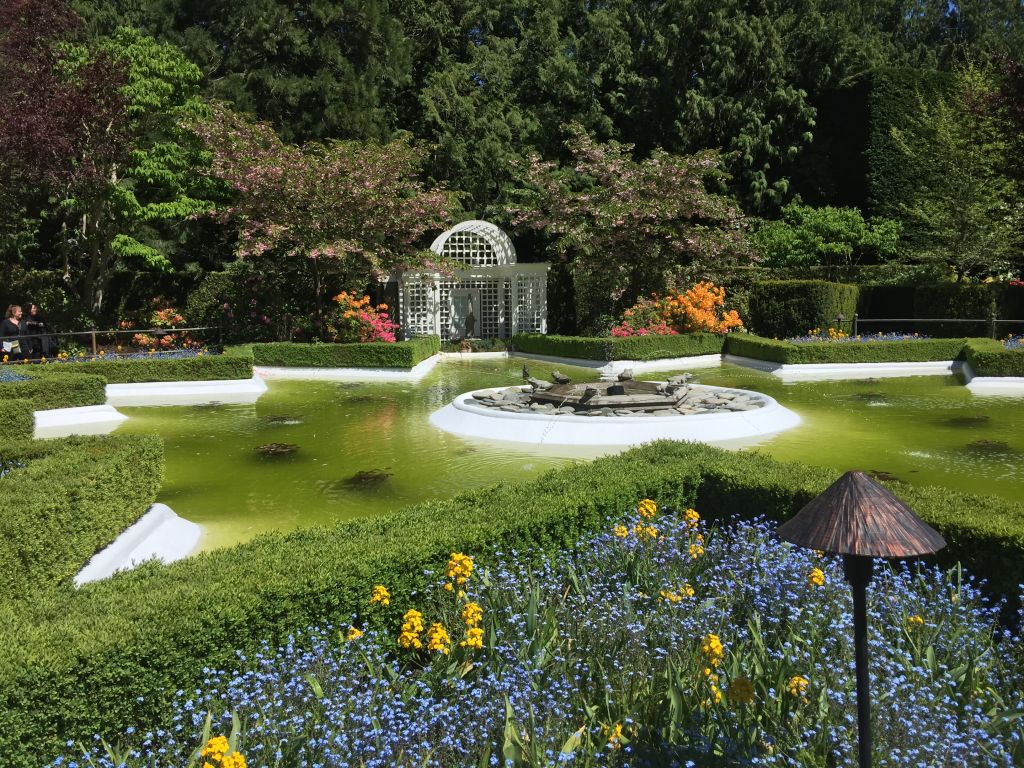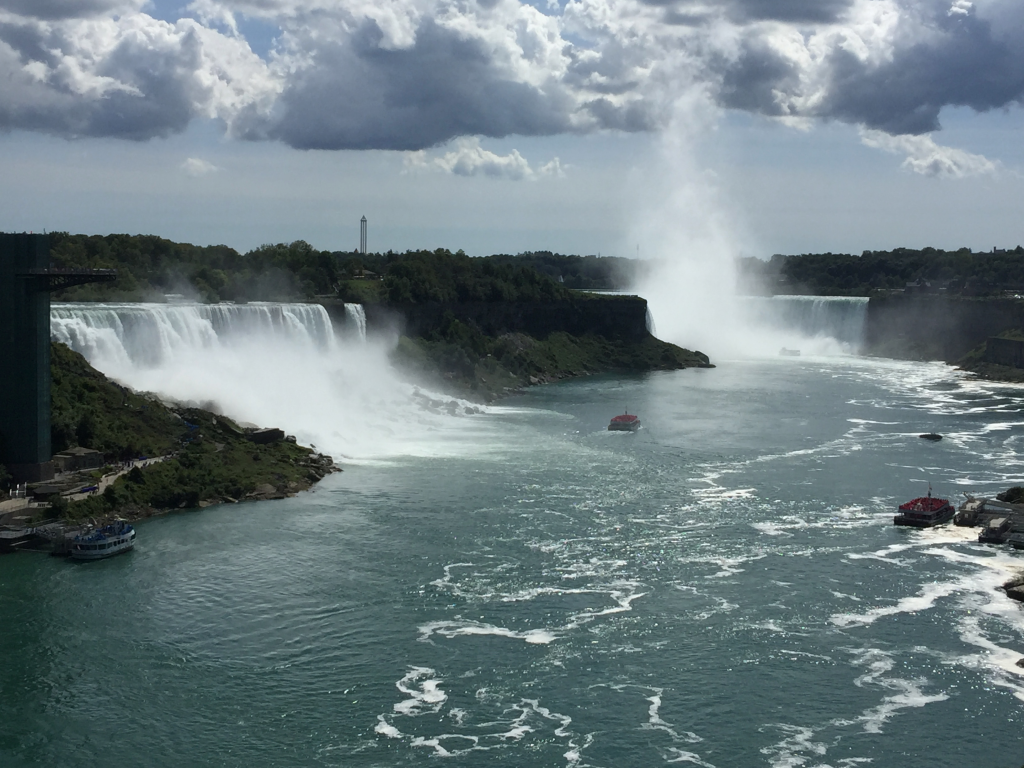“Humans never learn from history.” This sentence needs to be supplemented as — Humans never learn from history, nor from other countries’ lessons. Why? — Arrogance!
When China first implemented lockdown in Wuhan, western media came to bash “It is against human rights.” NY times published an article “Only Democracy can treat COVID-19.” (Check my previous blogs.”) In U.S., politicians tired to downplay and claimed ” COVID-19 is similar as flu. No worries.” However, along with the increasing numbers of confirmed cases and death rates in Europe and U.S., western countries finally recognized the importance. But, they’ve lost a key period to prepare for the outbreak. For example, in U.S., did they prepare enough testing kits? Did they train medical staff to handle the potential and confirmed patients? Did they make decisions about supporting costs of testing and treatment? The answer is no!
In U.S., politicians kept contradicting with Scientists and doctors. Public are panicking and lack formal instruction. What a failed leadership and worst risk management! Evidence-based policy making becomes a joke. Editors of Lancet and Science came out to guard science. I wish the Scientific voice will be stronger and more influential. I really wish……



